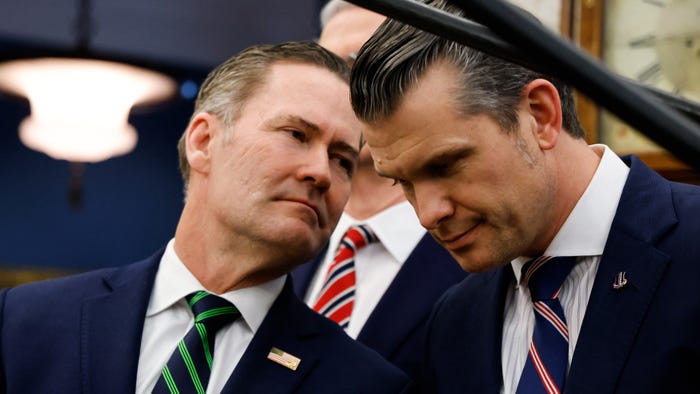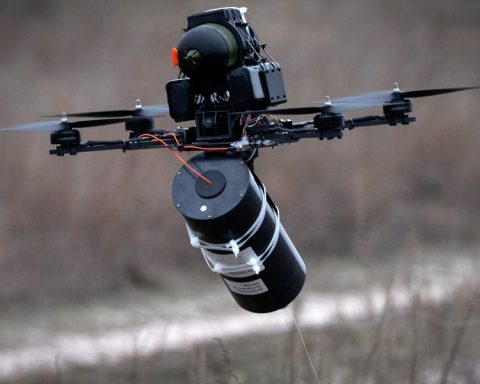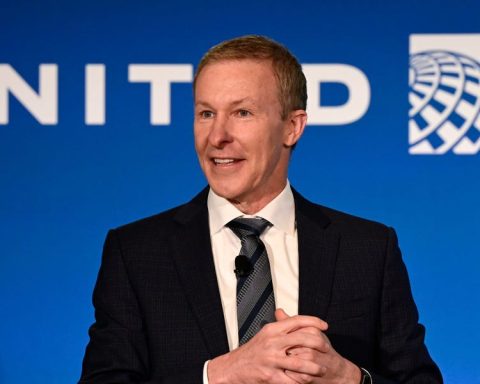Signal Discussions and Leadership Response
The US national security advisor Mike Waltz and Defense Secretary Pete Hegseth found themselves in hot water recently over a Signal group chat that mistakenly included the editor in chief of The Atlantic magazine, discussing military plans.
Admitting Mistakes is Crucial
The first step when faced with a major error at work is to stop making it worse. Acknowledging mistakes is not just good for individual accountability but can also serve as a valuable lesson for an entire organization, according to executives who spoke with Business Insider. Sam Naficy, CEO of Prodoscore, emphasized, “It’s much simpler to fix mistakes than to double down on them,” a principle he also shares with his teenage kids.
The Tendency to Cover Up
Despite the clarity of this principle, both employees and leaders often struggle to admit their mistakes, especially when facing significant criticism. This situation is currently unfolding at the highest levels of the US government following revelations about the Signal chat.
As the fallout from mistakes typically worsens when attempts are made to hide them, Naficy pointed out that he has never dismissed anyone for a mere error during his 29 years in business, reserving terminations for true malfeasance instead. “I don’t want secrets,” he stated. “If a mistake has been made, let’s bring it to light immediately.”
The Impact of Leadership Styles
The pressure is particularly high for leaders who are expected to have all the answers. Ayanna Jackson, founder of AEJ Consulting, explained that those with dominant or conscientious leadership styles often find it challenging to admit their mistakes. “Both of those styles hate being wrong,” she noted, emphasizing that failing to acknowledge errors can compel subordinates to fabricate excuses, which only exacerbates the situation. “The tone at the top matters,” Jackson added, highlighting how attitudes trickle down the hierarchy.
The Consequences of Minimizing Errors
Jackson remarked that rather than downplaying the security breach during a public address, Hegseth could have openly admitted that using Signal for such discussions was a mistake. Transparency might have shifted the focus to security practices rather than the content of the chat. However, attempts by officials to portray the issue as less significant garnered more attention on the actual discussions that took place.
After the initial reports, The Atlantic revealed messages from the Signal chat, further complicating the narrative.
The Call for Accountability
Sean Parnell, a Pentagon spokesperson, clarified that the messages confirmed that classified materials were not shared and that Hegseth was providing an update on a plan already briefed through official channels. The White House has not commented on the actions taken by Waltz and Vice President JD Vance regarding their use of Signal for military discussions.
Learning from Mistakes
Senate Majority Leader John Thune chimed in, suggesting that those involved should acknowledge their error and take steps to prevent it from happening again. Kyle Hanslovan, a former Air Force member and current CEO of cybersecurity firm Huntress, recounted a situation where his company experienced a security breach due to a vulnerability. Instead of assigning blame, Huntress chose transparency, which not only allowed for organizational improvements but also earned respect from clients.
Taking a Measured Response
Even when mistakes occur, it’s advisable to pause before responding. Jackson encourages leaders to take a moment for a thoughtful, professional, and audience-focused response. “Make sure your reaction is measured and appropriate,” she advised.







